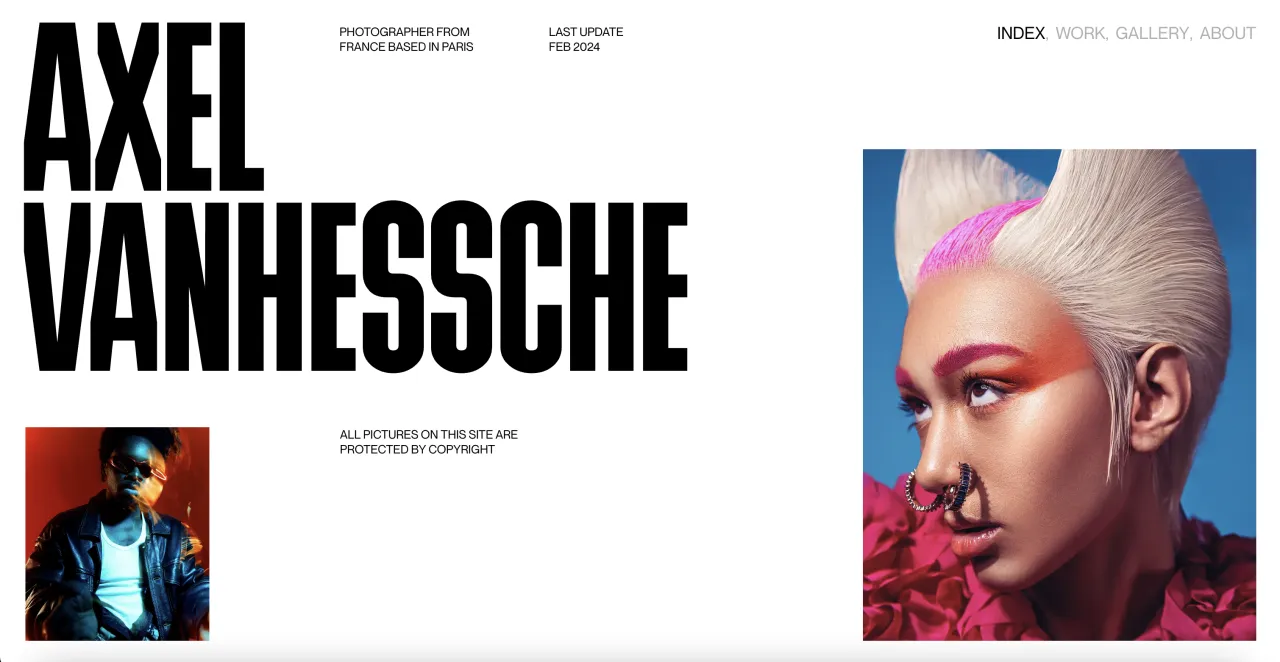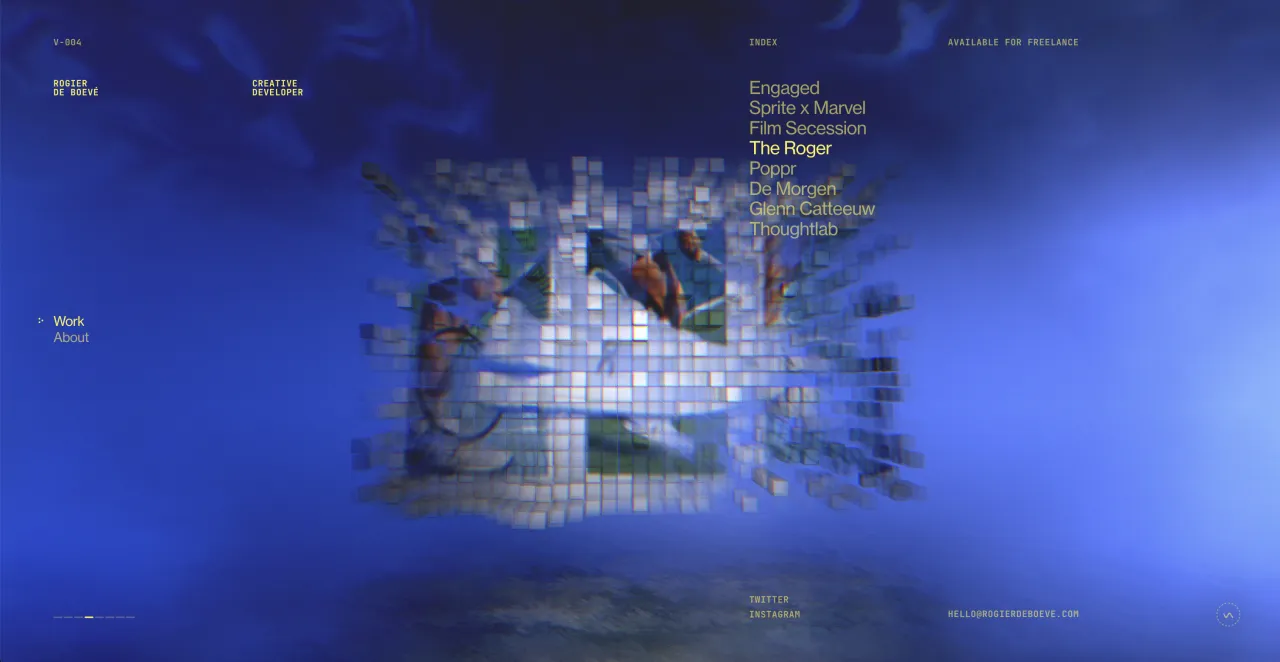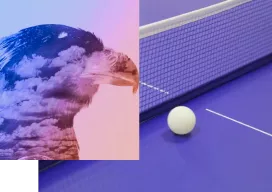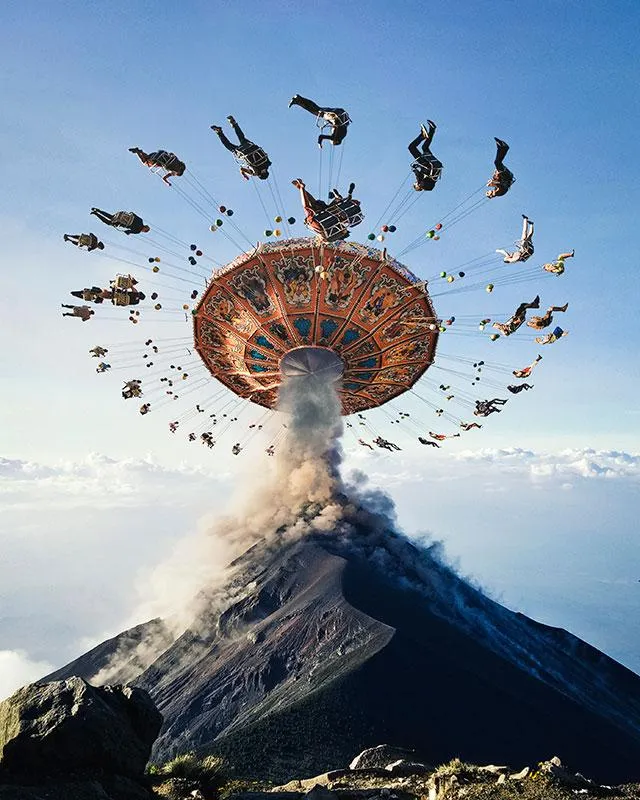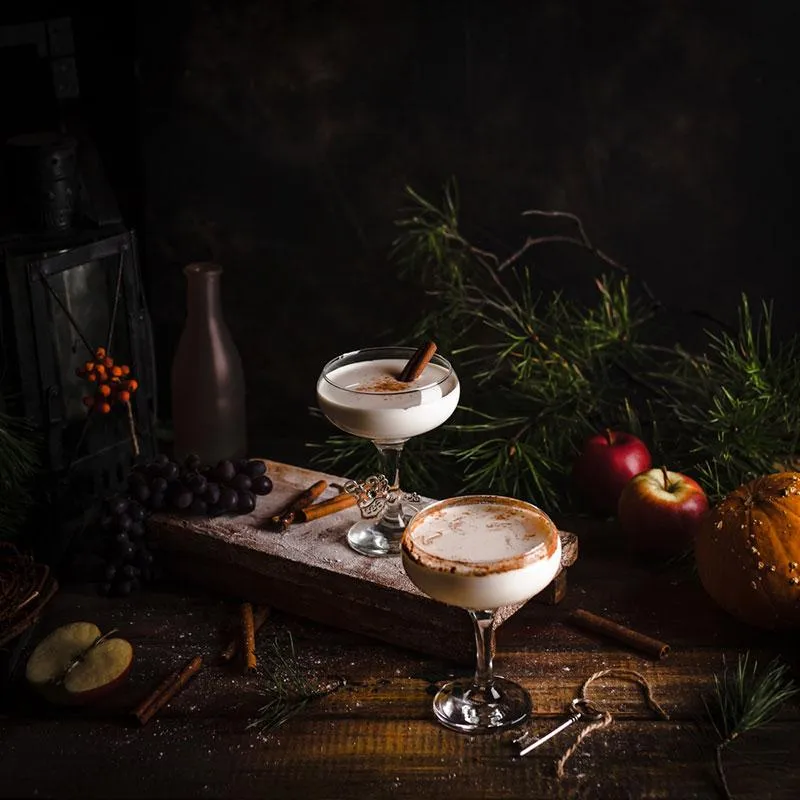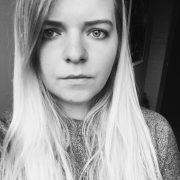Interview With Accomplished Photographer Oded Wagenstein
Oded Wagenstein specializes in documentary photography and focuses on themes such as cultures, aging, memory, and longing. He’s been published on many impressive platforms such as BBC, National Geographic, and National Geographic Traveler. He’s also an accomplished photographer with 3 published books.
For the past decade, Oded has focused on themes that are truly meaningful to him. Today he shares his story, words of encouragement, and incredible lessons for aspiring photographers.
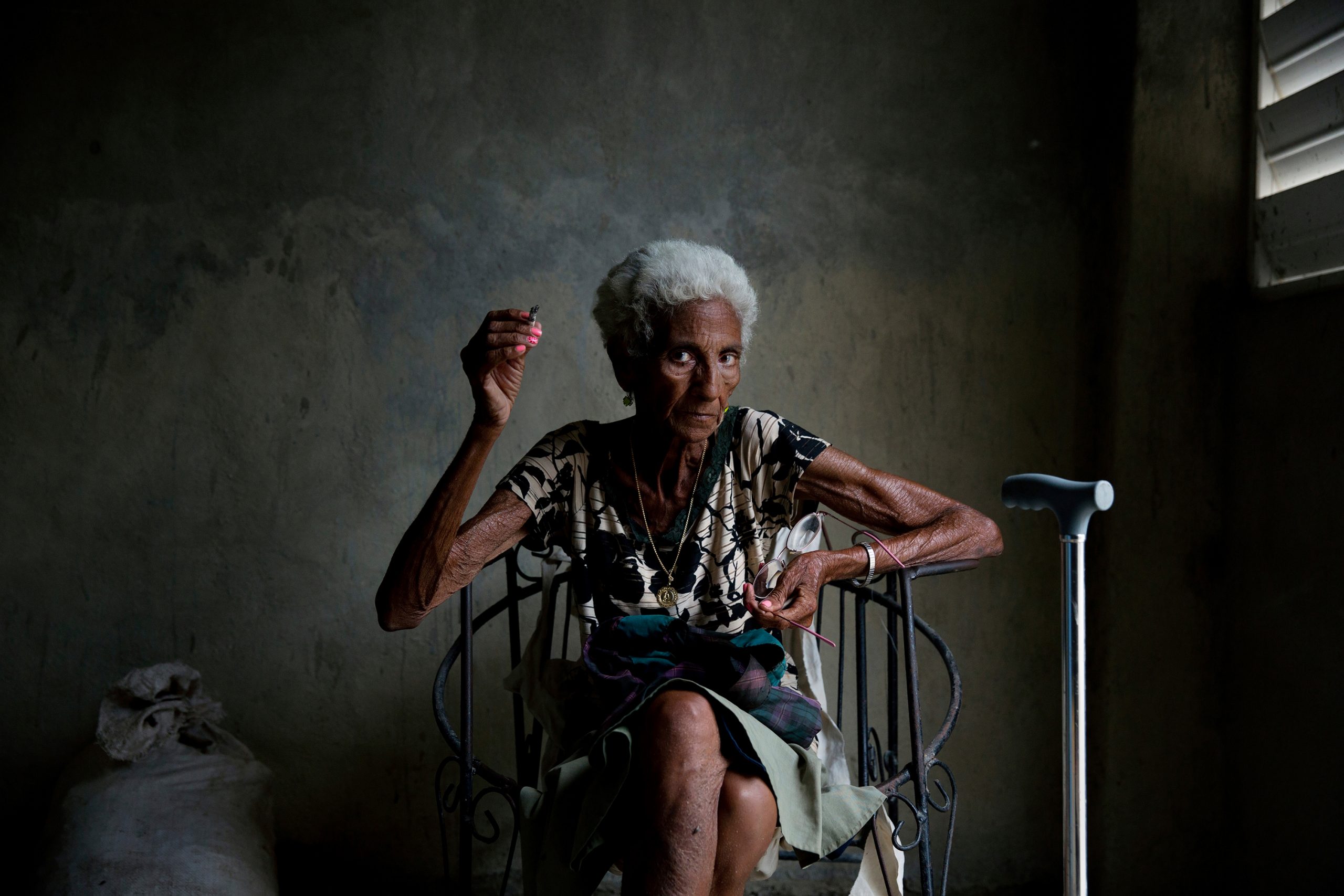
How did you get from being an aspiring photographer to actually doing it full time, for a living?
The transition was not simple. With all due respect to my dreams, I felt that it could be irresponsible to live from my photography. For nearly five years during my twenties, I had a terrible dilemma about my future. I had regular office work in the field of human resources and it seemed that my professional future was paved. But I felt frustrated and realized that there was no job (except for a gravedigger) that could offer stability and security for good. We live in an age of uncertainty, so it’s better to do what makes your heart sing.
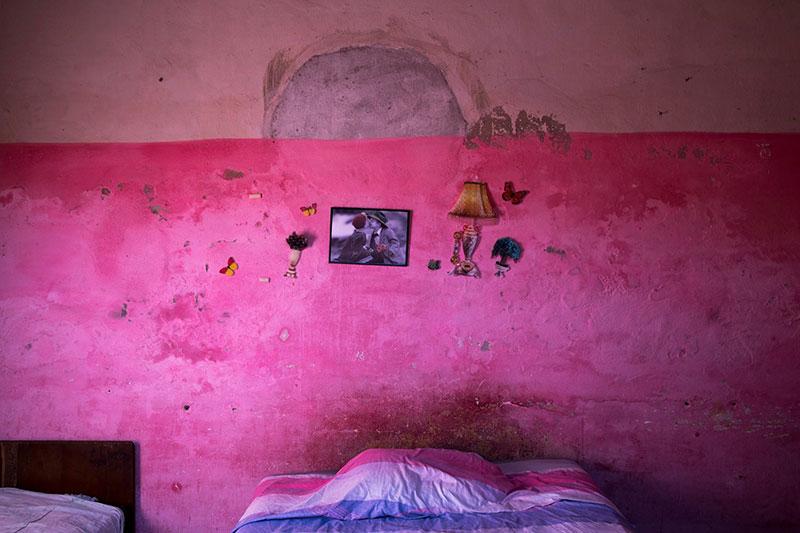
How important is formal training for a photographer and how do you educate yourself to take better pictures?
That’s a wonderful question! Unfortunately, I never studied photography in an orderly manner. Probably out of fear of labeling myself as an ‘artist’ . But today I try to compensate myself for this with self-education. I strive to expose myself to inspiration as much as possible: I study the work of the artists I admire, I attend many lectures and I am simply addicted to photography albums. Today I understand the importance of inspiration to my work and this is my advice for any artist – invest more time and money on learning and less on gear.
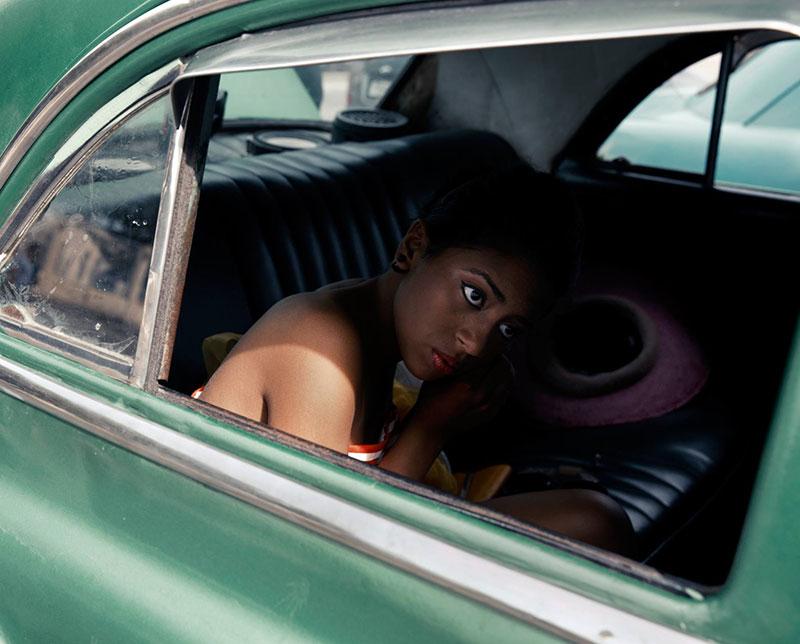
What are some of the themes you explore in your works that are personally very close to you?
I think you can find a direct line between the issues that bother me in my daily life and the projects I choose to work on. At the early stage of my career, I dealt with issues of roots. Focusing my work on nomadic communities, asking questions about place and identity. In the last four years, you can say that I try to explore topics such as Longing, Memory, and Aging. As I said, those are the things that bother me.
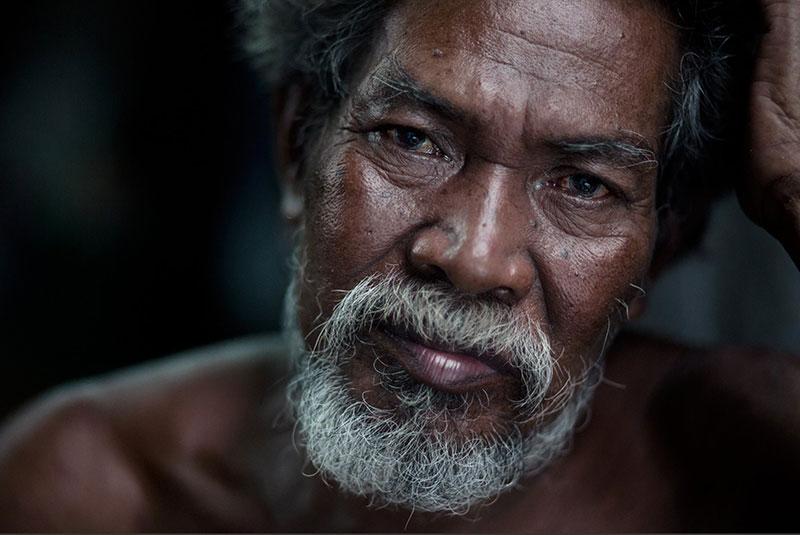
Who were your biggest influences, where do you seek inspiration and what are the 3 things inspiring your work right now?
As I mentioned, inspiration is a big part of the process and I spend a lot of time finding sources of inspiration. So I can quite easily pull out a list of dozens of photographers, painters, and writers who have influenced me in recent years. This list changes over time. This is, by the way, to know that you have progressed in your visual point of view – if you find yourself excited about different things. Just to name a few: Josef Koudelka and Alec Soth (Photographers) Edward Hopper (Painter) Alfred Hitchcock (Movie maker) and Shmuel Yosef Agnon (writer).
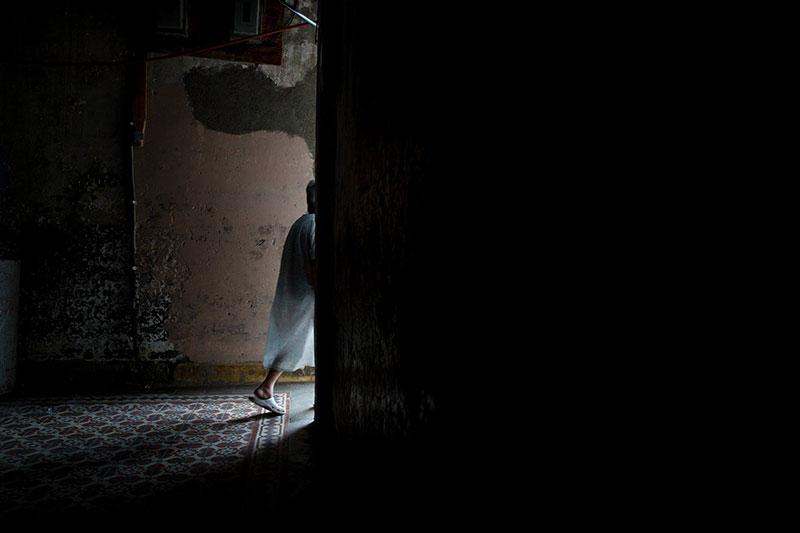
What motivates you to continue taking pictures economically, intellectually, and emotionally?
For me, photography is a way of communicating. A way to convey thoughts, emotions, and especially fears, over the course of time. If you saw a picture I took five years ago and you felt a similar feeling to what I felt when I took this picture, we have formed a connection. And if 5,000 people felt these emotions, now I have 5,000 connections.
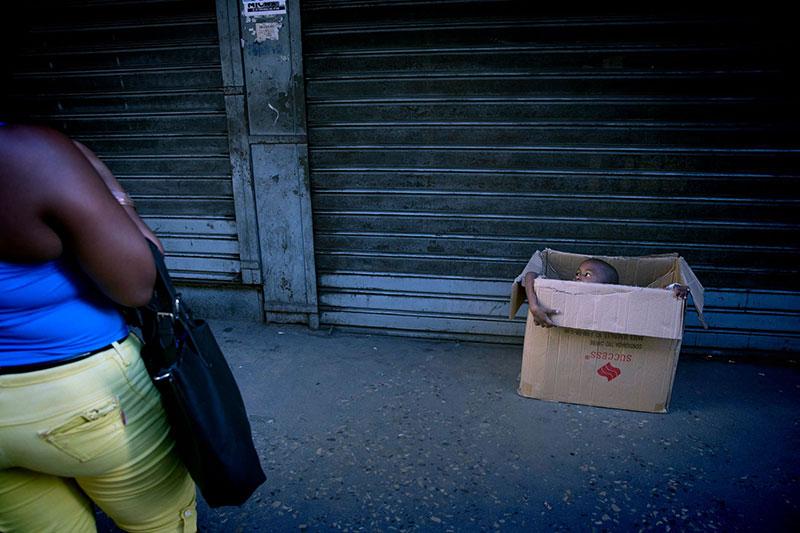
Would you say photography is more liberating or restrictive than other artforms? Do you pursue other artforms?
I can not say that photography is restrictive. I can say that it is more concise than other arts. It doesn’t have the element of time, like in cinema, music or writing and it does not have the element of space, like in sculpturing. But that’s exactly why I’m in love with photography. Because all elements, the emotional and technical, to unite for a single two-dimensional moment. And if you succeed in evoking a story and emotion without using space and time, it is a wonderful achievement.
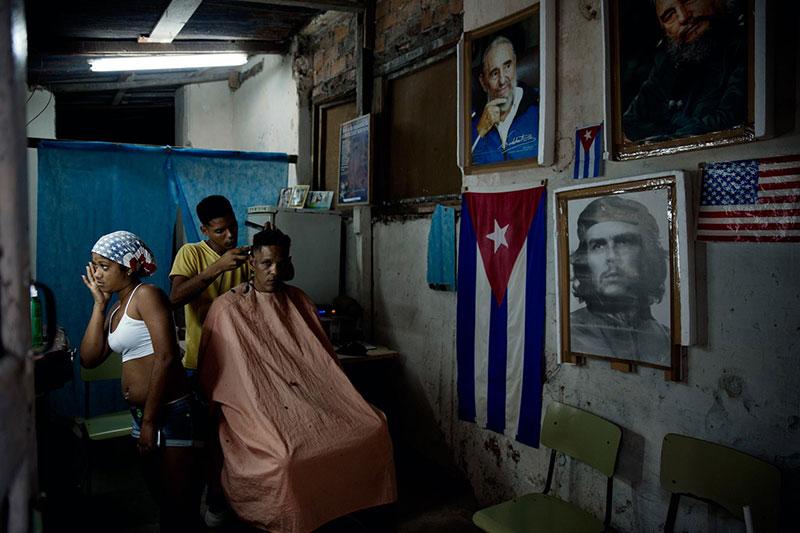
What do you consider your biggest success in your career so far?
To my delight and sorrow, I am always focused on the future, without giving myself too much time to enjoy my success or be sorry for my failures. I recently heard a quote I really liked by Winston Churchill – “Success is not final, failure is not fatal: it is the courage to continue that count.”
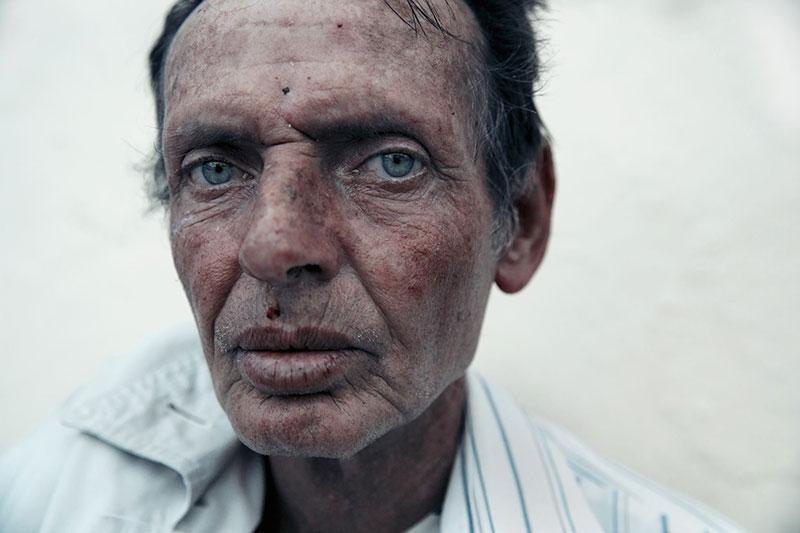
Do you have any advice for aspiring photographers?
Yes! Stop telling yourself excuses. You’re not too old, too poor, too busy. In today’s digital world, it does not matter if you live in the capital city or in a remote village, do not delay yourself because of the equipment you own. Just go, with the most basic light recording equipment and share your story, longing and fears.
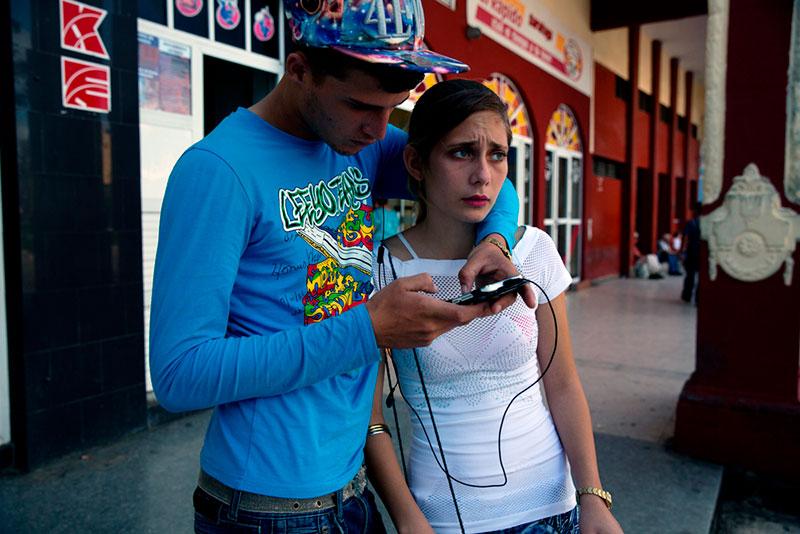
You can learn more about Oded Wagenstein by visiting his personal website, Facebook page, Instagram or get inspired by his selection of published books.
